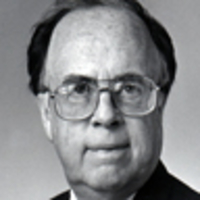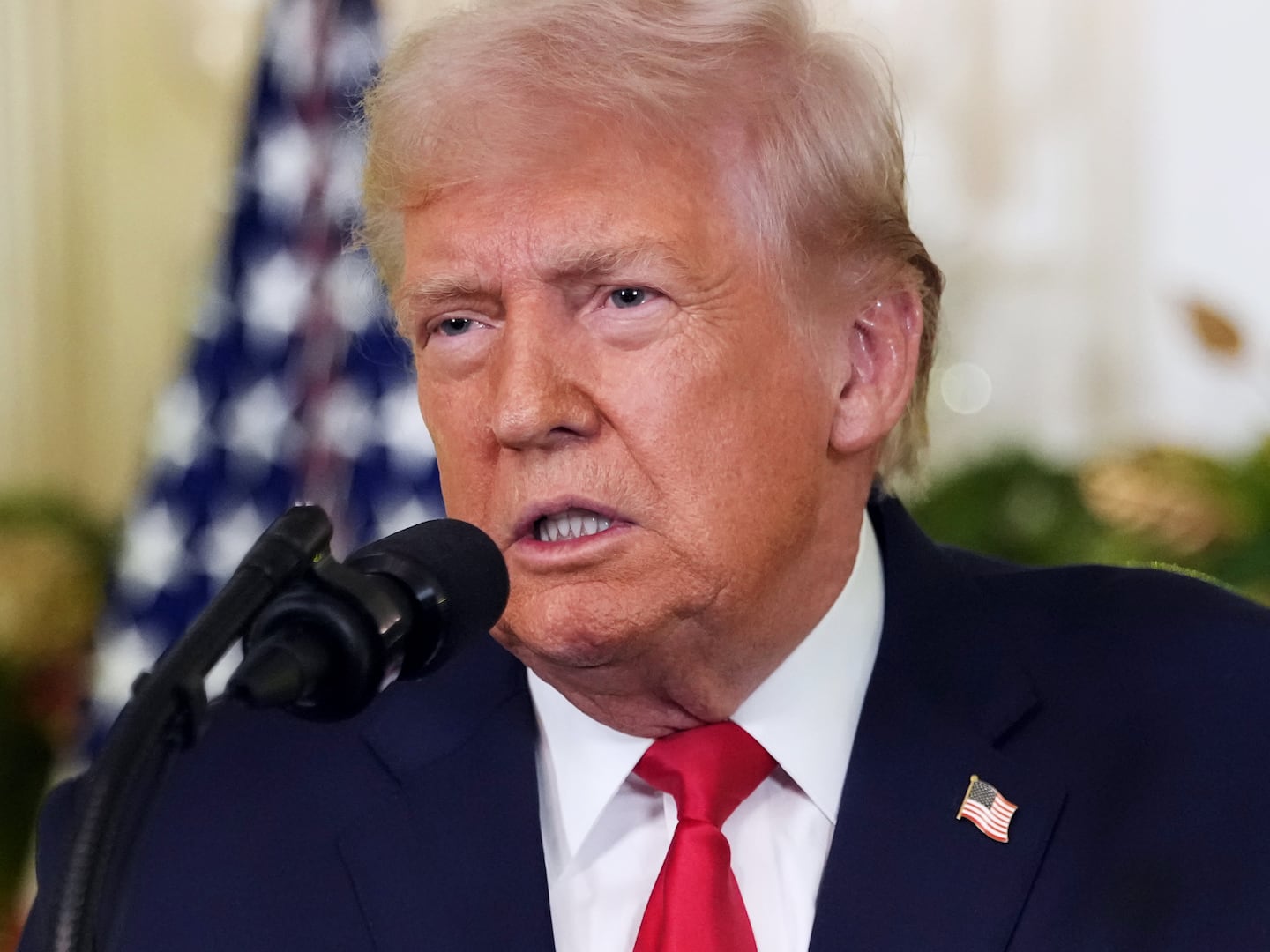
The last Kennedy in Congress was reluctant to talk about how success for his father’s great cause might be just a day away as his career in the Capitol was coming to an end. “I’m not ready,” said Representative Patrick J. Kennedy, “to count your chickens before they are hatched.”
When the House finally holds its vote, now slated for Sunday, and—as Democrats now expect—paves the way for Obama to sign health-care reform into law, how would Ted Kennedy feel about the historic moment?
“Well, first of all I think this moment would have, I think, arrived a lot sooner,” Patrick replied. “Toxicity and vitriol of the environment” would have been diminished. “He loved the people and he loved the process. I think that he would have been more effective in terms of people being willing to work together across party lines.”
“He loved the people and he loved the process. I think that he would have been more effective in terms of people being willing to work together across party lines,” Patrick said of his father.
Rep. Kennedy wanted to talk about measures his father had passed, and one on which they worked together. He cited the community health center legislation that was Ted Kennedy's first health-care legislation in 1965, the children's health insurance law of 1997 where Ted Kennedy and Orrin Hatch led the way. and the mental-health parity law of 2008. That last measure, the signal legislative achievement of his own career, had been a cause of his father's, too, but it only became law after Ted Kennedy's brain tumor kept him from speaking and voting in the Senate.
The mental-health parity regulations issued a few days ago by the Labor Department, the Rhode Island congressman said, show how wrong people are who argue against comprehensive health-care legislation by saying the federal government cannot accomplish anything good in this area.
Discrimination in insurance coverage for mental health and substance abuse, and limitations on coverage for autism and Alzheimer’s, “affect 50 million people.” Though virtually ignored by the press as it focuses on the big bill, “it’s a big deal,” he said in an interview with The Daily Beast just off the House floor.
Those regulations “far exceed the wildest expectations of those in the mental-health community and the addiction-treatment community in terms that they put into the law that we passed on mental-health parity. The regulations really hold insurance companies accountable on treatment and mental health and addiction—the same comparable level as other medical illnesses.” And they will help veterans with post-traumatic stress, “most of whom don’t even get touched by the VA.”
Kennedy is retiring after 16 years in the House, the second longest among the five Kennedys who have served on Capitol Hill since 1947, when Jack was sworn in. Patrick’s father, Ted Kennedy, served the longest, at 47 years; his Uncle Robert’s three years represent the family’s shortest congressional stint. Uncle Jack served nearly 14 years in the House and Senate; cousin Joe served 12 years in the House.
Patrick’s vote is not among those Speaker Nancy Pelosi is worrying about as she works non-stop to secure a majority. (She broke up a news conference in laughter this week in rejecting the idea that she would begin to whip support once the Congressional Budget Office analyzed the bill: “I never stop whipping. There’s no beginning, there’s no middle, and there’s no end. My life is a constant whip operation.”)
Kennedy will vote for health care, under whatever rules the leadership devises. But he worries about the result: “I was around when the last vote took place” in November, “and times were a lot better then in terms of the political environment toward health-care reform, and yet it was still down to a few votes. We’re in a decidedly different political environment now…. This now is a toxic, toxic political vote. I think it’s a tougher climb for leadership to round up the votes, it will put them to the test. I have no doubt it will be down to the wire and they will be working the floor. I really hope to be able to declare victory but I can’t declare victory until the vote is passed and we see the actual numbers on the board.”
Kennedy’s late father would no doubt have helped make the argument that when you get this close, there are some things more important than reelection. Speaker Pelosi, who often cites Senator Kennedy’s call for comprehensive health care, made that case recently on ABC’s This Week when she said “Why are we here? We're not here just to self-perpetuate our service in Congress. We're here to do the job for the American people.”
As negotiators and accountants worry the details of the bill into final shape, one symbolic element is almost certainly gone. Back in the good old days after the Senate passed its bill and before the Democrats lost their filibuster-resistant majority, negotiators had planned to name the legislation for Ted Kennedy and Michigan Congressman John D. Dingell, Jr., the senior House Democrat who had been advocating universal coverage since he arrived in 1955. That won’t happen; there are just too many other matters to worry about now.
Wasn’t that too bad, I asked. Replying, Patrick Kennedy flashed some anger—the same sort he showed a few days earlier when he complained that there were only a couple of reporters in the press gallery when a resolution calling for withdrawal from Afghanistan was debated (most reporters, even if they are physically on the Hill, now cover debates by watching C-SPAN at their computers).
“This was never for him,” he said. “The greatest honor for him would be getting more people covered, any which way or how.”
Adam Clymer is a former chief Washington correspondent of The New York Times and author of Edward M. Kennedy: A Biography.






